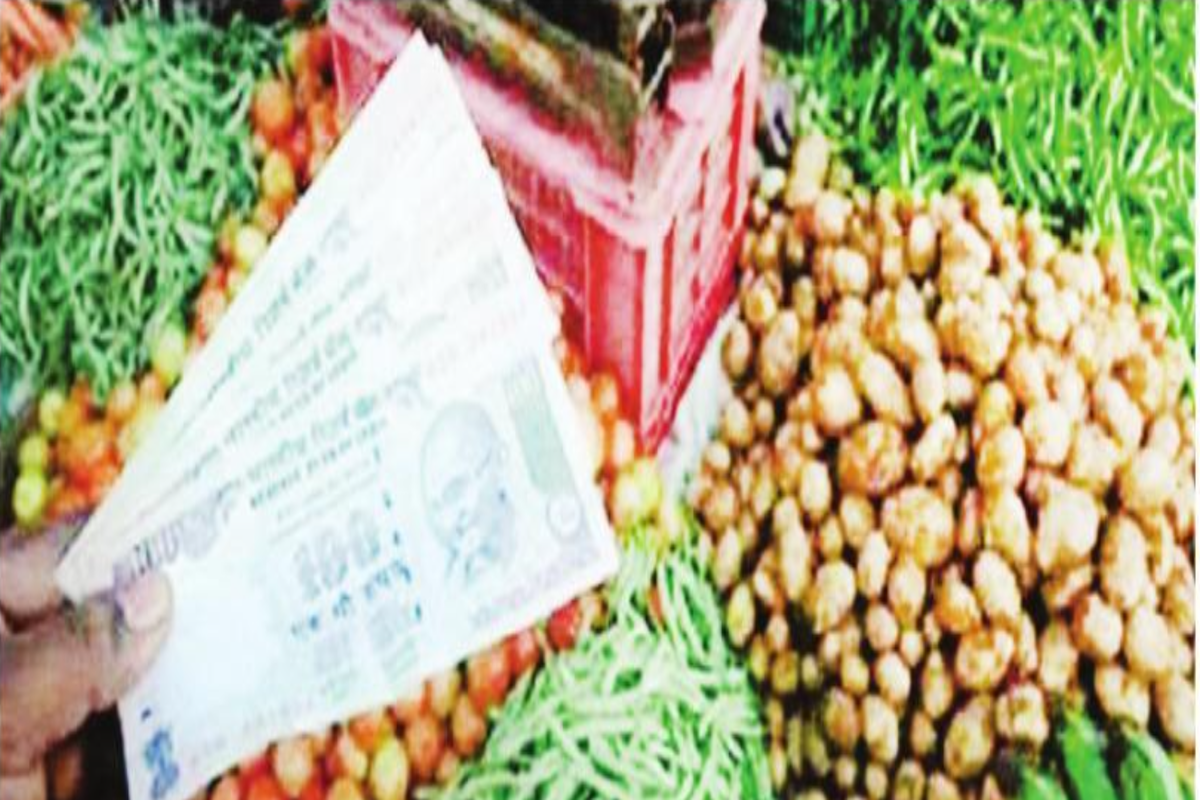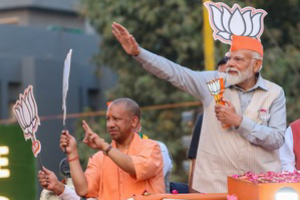Old habits die hard. Even though the command-control structure of our economy was dismantled 30 years ago, the mindsets of bureaucrats and policymakers have not changed much over this long period. The Indian state stubbornly refuses to learn from past experiences. In public policy, there is a law of unintended consequences which transforms well-intentioned policies into missed opportunities, often inviting disasters when policies are not carefully thought through. We have just put behind us the devastating experience of retrospective taxation imposed on foreign companies like Vodafone and Cairn. The tax had effectively killed our once vibrant telecom sector which was a tremendous success story, and irrevocably damaged our reputation as a reliable investment destination leading to a flight of needed foreign capital and earning India the dubious distinction of falling below Uganda, Ethiopia, and Ye- men in the World Bank’s Index of Investment Friendliness in 2013.
The repeated acts of tax vandalism by successive governments for raising resources for populist schemes retarded our economic growth for many decades and slowed down capital inflow. While China and the Asian Tigers prospered through exports by attracting foreign capital and technology, our export sector went into prolonged hibernation. Consequently, India’s credit rating by all rating agencies remained at the lowest investment grade for almost an eternity. Now just when our exports are looking up and supply chains are shifting away from China reeling under a severe lockdown, and also when the current geopolitical scenario which has almost eliminated two important exporters, Russia and Ukraine, from the international trade has opened up the opportunity of a lifetime for India to fill the void, the Government has placed export controls on several commodities to arrest rising inflation.
After the slump of pandemic years, booming global demand buttressed by the fiscal stimuli given by governments in advanced economies has already given a boost to Indian exports, which after years of stagnation have hit high growth. In March 2022, Indian exports crossed $400 billion during FY22, reaching this landmark for the first time, grow- ing by 37 per cent over the last year. Even more encouraging was the fact that not only services but commodity exports also grew in tandem. Both merchandise exports and imports rebounded strongly, surpassing the pre-pandemic levels and aiding the growth of GDP and post-pandemic economic recovery. Export earnings and a strong inflow of capital have boosted our forex reserves to beyond $600 billion, another landmark, and exceeded $630 billion in December 2021, making India the fourth largest forex reserves holder in the world after China, Japan, and Switzerland.
The robust forex inflows were sufficient to finance our modest current account deficits leading to an overall surplus in our balance of payments, which has enhanced our growth prospects during the current fiscal. This has increased the resilience of our economy to face the headwinds coming from the unwind- ing of global liquidity and tightening of monetary policies, both domestic and global, in response to rising inflation across all economies. This optimism and confidence have led our officials recently to strongly argue with the global rating agencies for an upgrade in our ratings and outlook. It was an inappropriate time to ban exports and put other controls on trade to fight inflation. Import-substitution, self-reliance or the idea of an Atmanirbhar Bharat are welcome, but manufacturing products that can compete in the international market does not happen only by rhetoric. For that, we must source raw materials and capital from wherever we can get them the cheapest ~ that is what basically drives international trade. Slapping higher tariffs, creating non-tariff barriers and banning exports is always harmful. A country pro- duces what it is best at ~ with the highest quality at the cheapest price, and imports what it can- not produce so efficiently. This is what globalisation is all about, and it leaves consumers everywhere better off. Protectionism hurts at the very root of this logic and puts a premium on inefficiency and stagnation. To make our products globally competitive, we need state-of-the-art technology along with capital. When foreign investors come to India, they bring both. Foreign investors look for long-term stability in taxation policies and the ability to transfer products and capital freely across borders.
Our arbitrary taxation policies, high factor costs and capital control inherently make our industries internationally un- competitive. Add to this the whims of the ministries that can ban the export or import of any commodity at will without any understanding of the long-term economic implications of such measures and the permanent repetitional damage it causes to India’s international credibility, and we know why India can never compete not only with China but even with much smaller countries like Vietnam whose export exceeds its GDP, compared to India’s exports of only around 20 per cent of GDP. China’s growth was primarily export-driven, fuelled by high investments flowing both from high domestic savings and high capital inflows. We have the capital inflows now, but soon they will fly away to other more capital-friendly countries.
The government has banned the export of wheat and imposed export caps on sugar. The prices of wheat have been rising in international markets as a fall-out of the Russia-Ukraine war since these countries used to account for a quarter of the global wheat demand. Prices of sugar have been rising from concerns about loss of production in Brazil, a major producer and exporter of sugar. When agricultural commodities are subjected to export controls, it deprives farmers of rare opportunities to make windfall gains to offset their accumulated losses and reduce debts; most farmers in India are heavily indebted due to the low productivity and lack of investments in agriculture arising from the archaic laws and a decrepit APMC system which the Centre unsuccessfully tried to address through the now discarded farm laws. These two commodities have been driving up food inflation globally but controlling them has produced many unintended consequences.
It was reported recently that railway rakes carrying 2,400 tonnes of wheat into Bangladesh have been waiting for clearance ~ it is just one example of the disruption in trade such a ban can cause, as exporters cannot executive their contracts and stand to suffer huge losses. It has also caused reputational damage, leading to India’s criticism by G7 countries for aggravating the international scarcity of wheat.
In this situation, foreign importers will think twice before placing an order with Indian firms and both domestic as well as foreign investors will be queasy about entering the export business, since their businesses can be unsettled arbitrarily by such dictates.
Just as China-based supply chains were severely disrupted due to the pandemic causing global firms to seek new production bases, MNCs which produce in India and export globally will be wary about investing in India if Government whims are to disrupt production and supply so arbitrarily.
Banning commodities for containing inflation is actually a hare-brained policy. For one thing, the current inflation is not commodity specific but spread over all commodities, and putting controls on one commodity is unlikely to tame inflation. The Centre has recently increased export duty on high concentration iron ore from 30 to 50 per cent and levied 45 per cent duty on iron ore pellets which so far attracted no export duty.
Export duty was also levied on 11 iron and steel intermediates. This is likely to send negative signals to investors, besides impacting capacity expansion of the iron and steel sector. Domestic steel prices have cooled down after the export duty was hiked, but it has not impacted inflation in a visible manner.
It is not only the Government that is ban-happy, even the Supreme Court had joined our pervasive ban culture. The apex court banned mining and export of iron ore in Karnataka in 2011 citing environmental degradation and saving the mineral resource for future generations.
A petition by the NGO Common Cause also sought a complete ban on the export of iron ore which the mining companies were exporting on zero duty. Their petition highlighted that needs of foreign markets were being met at the cost of our own without any public interest being served in the absence of any duty on the raw materials and that their mindless export was de- grading the environment due to over-exploitation, besides impacting the domestic steel industry. These concerns were real, and it is intriguing why the export of vital raw materials on zero duty was being allowed at all. The situation has now been corrected both by the Court which has lifted the ban and by the Government which has imposed a duty.
The Indian state has yet to learn how to let the economy function autonomously without interference unless there is a market failure serious enough for the state to intervene. In the USA, any market intervention by the state requires demonstrating that a specific market failure exists.
The state should rely on the invisible hand of the market for all other situations including price-rise, leaving it to the Central Bank to tackle inflation through its monetary policies; at best, it can try to curtail its unproductive revenue expenditure wherever possible and keep its fixed focus on growth.
Of course, the Central Bank has failed us by not responding to rising inflation much earlier than it actually did, but that is no reason for the state to fiddle with the market.











